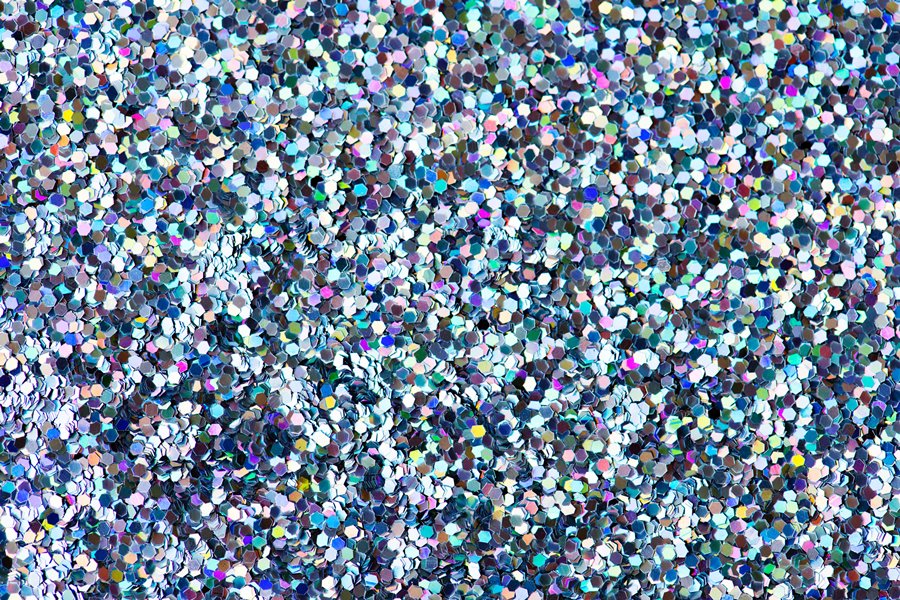If you’re headed to Mardi Gras in Sydney this year, you might notice a difference. Event organisers have announced that they are phasing out single-use plastics for environmental reasons. This means that glitter, balloons and single-use plastic water bottles will be banned from the parade.
Whether Mardi Gras will be the same without glitter is yet to be seen.
Chief executive of the Sydney Gay and Lesbian Mardi Gras, Terese Casu, has stated that the aim is to make the event carbon neutral within five years.
This comes over concern about the environmental impact of single-use plastics such as glitter, which can pollute waters and harm marine life, birds and other animals. There is particular concern around glitter as it is a microplastic that is consumed by fish and in turn, humans. This can have harmful health effects.
Some biodegradable glitter companies argue that compostable glitters may be part of the solution and that glitter should not be dismissed entirely. Others argue that biodegradable glitter is too expensive – around $130 a kilo – to be feasible.
The Mardi Gras production team are working on making the parade floats glitter-free, opting instead for lanterns and fluorescent lights, as well as re-used props from old parades.
The festival is part of a wider international movement against glitter and other single-use plastics being used at major events. In Britain, over 60 music festivals have committed to banning single-use plastics, and even the Queen herself has banned the use of straws and bottles in the royal estates.
Australia is close behind, with some local councils having banned balloons. Several music festivals recommend against using single-use plastics, but none have yet banned them outright.
Experts believe that the ban of single-use plastics by Mardi Gras is a positive step forward for action on plastic and a powerful cultural symbol.


